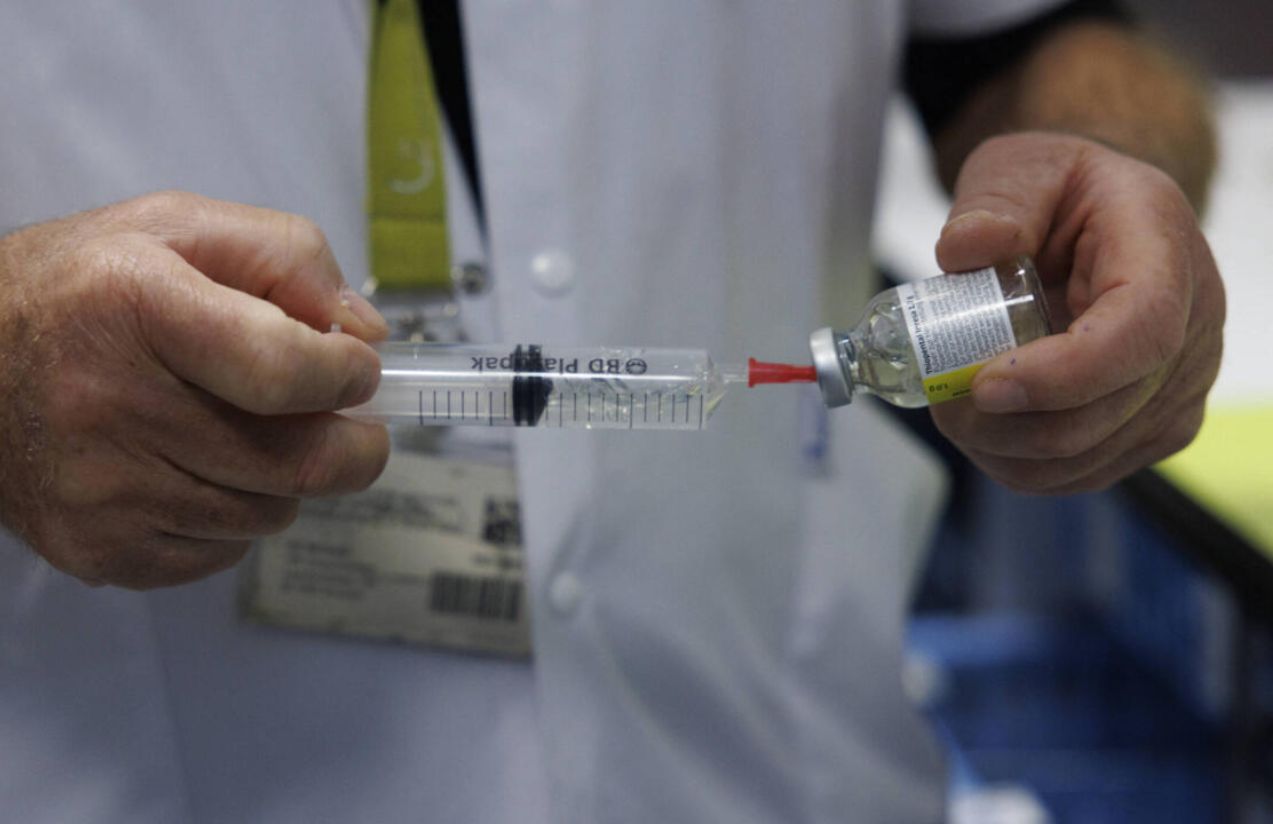The British government has announced a controversial plan to introduce the use of libido-suppressing medication—commonly referred to as “chemical castration”—for sex offenders. The measure is part of a broader strategy aimed at reducing reoffending rates and easing the strain on a prison system that is nearing full capacity.
Justice Secretary Shabana Mahmood unveiled the initiative in Parliament on Thursday, following the release of an independent sentencing review. The treatment will initially be rolled out in 20 prisons across two regions.
“I’m exploring whether this approach can be mandated,” Mahmood said. “It’s essential that this treatment is paired with psychological interventions that address other drivers of offending, such as the need for power and control.”
While the treatment may not be suitable for all offenders—particularly those driven more by dominance than by sexual desire—Mahmood noted that research suggests chemical castration can reduce reoffending rates by up to 60%. The practice is already used voluntarily in Germany and Denmark, and mandated in Poland for certain offenders.
The proposal is one of several put forward in a comprehensive review led by former Justice Secretary David Gauke, which seeks to modernize a prison system operating at the edge of its limits.
One of Mahmood’s first actions after the Labour Party returned to power in July—ending 14 years in opposition—was to approve an early release program to address prison overcrowding. However, she has expressed reluctance to repeat the measure, prompting the sentencing review and the appointment of Gauke, a former Conservative minister, to oversee it.
The review recommends allowing earlier releases, giving judges greater flexibility to impose alternative penalties—such as driving bans—and eliminating prison sentences shorter than 12 months, except in exceptional cases like domestic violence. It also calls for the immediate deportation of foreign nationals sentenced to three years or less.
Additional recommendations include increased investment in probation services, allowing officers more time for offender rehabilitation, and additional funding to manage the tens of thousands of offenders currently being electronically monitored in the community.
In response, Mahmood announced an annual investment of £700 million (roughly $930 million) for probation services over the coming years.
“If the government fails to provide adequate resources for probation, we risk falling short on the rehabilitation we need—and that could lead to a public backlash,” Gauke warned.
The prison population in England and Wales has nearly doubled over the past 30 years, reaching around 90,000 inmates. This surge has occurred despite falling crime rates, partly due to the imposition of longer sentences under pressure to appear tough on crime.
From the opposition, Conservative justice spokesperson Robert Jenrick strongly opposed the proposals, arguing that scrapping short sentences would effectively decriminalize offenses such as theft, burglary, and assault. He also questioned the effectiveness of electronic tagging, likening it to “smoke detectors trying to put out fires.”
Alongside the reforms, the government confirmed it will embark on a large-scale prison construction program, in part to replace Victorian-era facilities still in use today.

